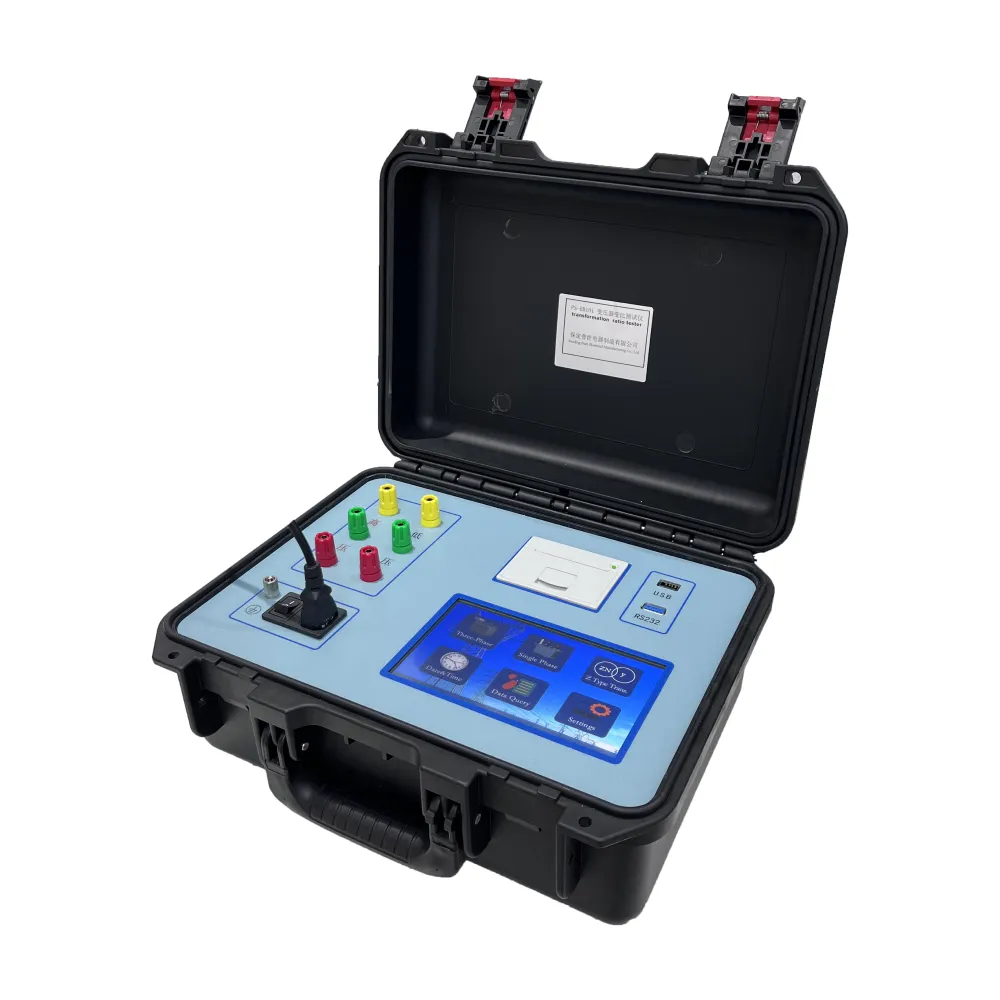 English
English



-
 Afrikaans
Afrikaans -
 Albanian
Albanian -
 Amharic
Amharic -
 Arabic
Arabic -
 Armenian
Armenian -
 Azerbaijani
Azerbaijani -
 Basque
Basque -
 Belarusian
Belarusian -
 Bengali
Bengali -
 Bosnian
Bosnian -
 Bulgarian
Bulgarian -
 Catalan
Catalan -
 Cebuano
Cebuano -
 China
China -
 China (Taiwan)
China (Taiwan) -
 Corsican
Corsican -
 Croatian
Croatian -
 Czech
Czech -
 Danish
Danish -
 Dutch
Dutch -
 English
English -
 Esperanto
Esperanto -
 Estonian
Estonian -
 Finnish
Finnish -
 French
French -
 Frisian
Frisian -
 Galician
Galician -
 Georgian
Georgian -
 German
German -
 Greek
Greek -
 Gujarati
Gujarati -
 Haitian Creole
Haitian Creole -
 hausa
hausa -
 hawaiian
hawaiian -
 Hebrew
Hebrew -
 Hindi
Hindi -
 Miao
Miao -
 Hungarian
Hungarian -
 Icelandic
Icelandic -
 igbo
igbo -
 Indonesian
Indonesian -
 irish
irish -
 Italian
Italian -
 Japanese
Japanese -
 Javanese
Javanese -
 Kannada
Kannada -
 kazakh
kazakh -
 Khmer
Khmer -
 Rwandese
Rwandese -
 Korean
Korean -
 Kurdish
Kurdish -
 Kyrgyz
Kyrgyz -
 Lao
Lao -
 Latin
Latin -
 Latvian
Latvian -
 Lithuanian
Lithuanian -
 Luxembourgish
Luxembourgish -
 Macedonian
Macedonian -
 Malgashi
Malgashi -
 Malay
Malay -
 Malayalam
Malayalam -
 Maltese
Maltese -
 Maori
Maori -
 Marathi
Marathi -
 Mongolian
Mongolian -
 Myanmar
Myanmar -
 Nepali
Nepali -
 Norwegian
Norwegian -
 Norwegian
Norwegian -
 Occitan
Occitan -
 Pashto
Pashto -
 Persian
Persian -
 Polish
Polish -
 Portuguese
Portuguese -
 Punjabi
Punjabi -
 Romanian
Romanian -
 Russian
Russian -
 Samoan
Samoan -
 Scottish Gaelic
Scottish Gaelic -
 Serbian
Serbian -
 Sesotho
Sesotho -
 Shona
Shona -
 Sindhi
Sindhi -
 Sinhala
Sinhala -
 Slovak
Slovak -
 Slovenian
Slovenian -
 Somali
Somali -
 Spanish
Spanish -
 Sundanese
Sundanese -
 Swahili
Swahili -
 Swedish
Swedish -
 Tagalog
Tagalog -
 Tajik
Tajik -
 Tamil
Tamil -
 Tatar
Tatar -
 Telugu
Telugu -
 Thai
Thai -
 Turkish
Turkish -
 Turkmen
Turkmen -
 Ukrainian
Ukrainian -
 Urdu
Urdu -
 Uighur
Uighur -
 Uzbek
Uzbek -
 Vietnamese
Vietnamese -
 Welsh
Welsh -
 Bantu
Bantu -
 Yiddish
Yiddish -
 Yoruba
Yoruba -
 Zulu
Zulu
dynamic viscosity test
Dynamic Viscosity Test An Overview
Dynamic viscosity is a fundamental property of fluids, representing their internal resistance to flow. In industries such as petroleum, food production, and chemical manufacturing, understanding the viscosity of materials is crucial for process optimization, quality control, and product formulation. The dynamic viscosity test quantifies this property, providing essential data for engineers and scientists.
The dynamic viscosity is defined as the ratio of shear stress to shear rate within a fluid. Essentially, it measures how thick or thin a fluid is and how it behaves under different flow conditions. Fluids with high viscosity, like honey or molasses, resist flow, while low-viscosity fluids, such as water or gasoline, flow easily. The ability to accurately measure viscosity is critical, as it affects how fluids are pumped, mixed, and processed.
There are various methods to conduct a dynamic viscosity test, with the most common being the use of viscometers and rheometers. Viscometers are instruments designed to measure the viscosity of a fluid by analyzing the resistance encountered when a force is applied. Some types of viscometers include capillary viscometers, rotational viscometers, and falling ball viscometers, each suited for specific fluid types and testing conditions.
dynamic viscosity test

In contrast, rheometers provide a more comprehensive analysis, measuring how a fluid responds to applied stress over a range of conditions. This is particularly beneficial for complex fluids whose viscosity changes with shear rate, such as non-Newtonian fluids. These include many food products, polymer solutions, and even biological fluids, which may exhibit behavior ranging from shear-thinning to shear-thickening.
The results obtained from dynamic viscosity tests are invaluable. In the oil and gas industry, viscosity affects the flow of crude oil through pipelines and its suitability for refining. In food technology, viscosity can influence texture, mouthfeel, and overall quality of the product. Furthermore, in pharmaceuticals, the viscosity of a solution can impact the absorption rates of drugs.
In conclusion, the dynamic viscosity test is a vital tool in various fields, providing critical insights into fluid behavior. By understanding and measuring viscosity, industries can ensure optimal performance in processes, enhance product quality, and facilitate innovation. As technology advances, the methods for measuring viscosity will continue to improve, furthering our understanding of fluid dynamics and its many applications.
-
Ensuring SF₆ Gas Safety: Introducing PUSH’s Integrated SF₆ Analyzer for Dew Point, Purity, and Decomposition MonitoringNewsJul.10,2025
-
Exploring the Main Types of Industrial Endoscopes and Their Applications Across IndustriesNewsJul.04,2025
-
Testing Equipment Industry Sees Major Advancements in 2025: Smart & Precision Technologies Lead the WayNewsJun.06,2025
-
Applications of Direct Current Generators in Renewable Energy SystemsNewsJun.05,2025
-
Hipot Tester Calibration and Accuracy GuidelinesNewsJun.05,2025
-
Digital Circuit Breaker Analyzer Features and BenefitsNewsJun.05,2025



